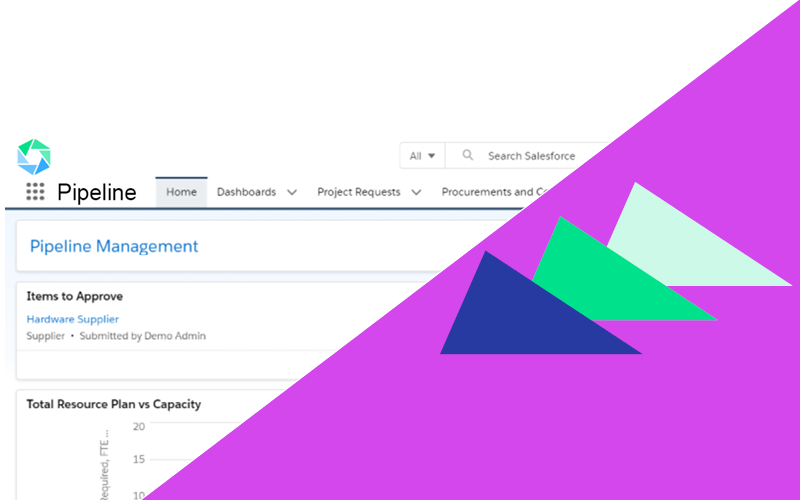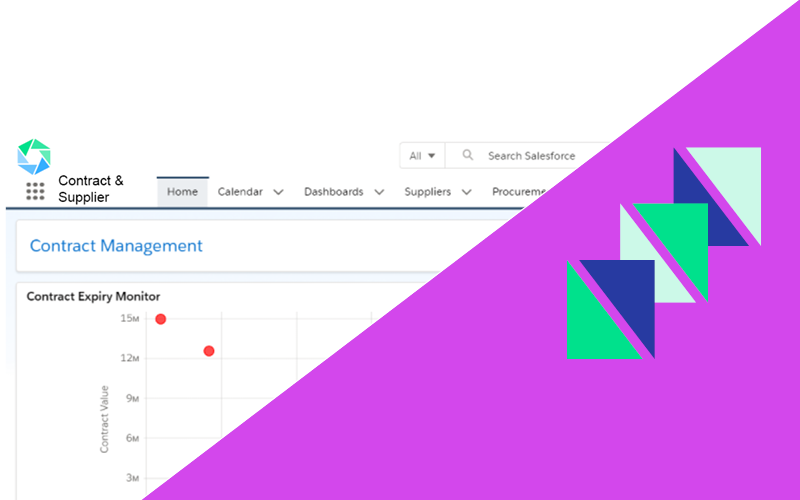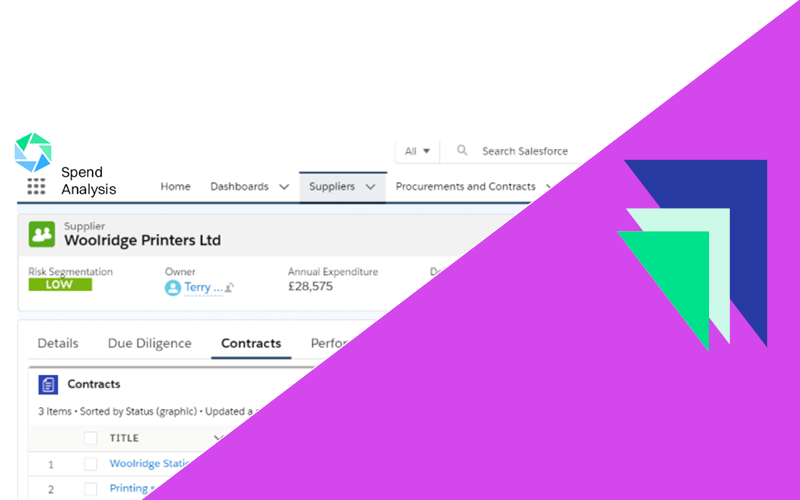Climate change has finally made its way to the top of the agenda, and more and more companies are recognising the importance of sustainable procurement.
Sustainable procurement is the process of integrating sustainability considerations into the procurement process. These include environmental, social and economic factors. With a new focus on scope 3 emissions, companies can make significant strides towards reducing their overall environmental impact.
Scope 3 emissions (indirect emissions that occur in a company’s value chain) include emissions from suppliers, transportation of goods and the use and disposal of products. These emissions have been known to account for a significant portion of a company’s overall carbon footprint, often much larger than the emissions from their own operations (scope 1 and 2).
By taking scope 3 emissions into consideration throughout procurement processes, companies may be able to identify the areas where they can make the most significant impact.
For example, a company may work with suppliers to:
Reduce their own emissions
Encourage the use of low-carbon transportation options
Look to sourcing products made from sustainable materials
One way that companies can embrace sustainable procurement with a focus on scope 3 emissions is by setting clear sustainability goals and metrics and ensuring their procurement software allows them to accurately and regularly measure these KPIs.
By establishing specific targets, companies can measure their progress towards reducing their environmental impact. This can help motivate suppliers to adopt more sustainable practices, as well as provide a benchmark for measuring success.
When looking towards sustainable procurement, one subject that must jump to the top of the priority list is supplier relations. Companies that work closely with their suppliers to implement sustainable practices can achieve significant environmental benefits. For example, a company may work with suppliers to reduce their energy use or switch to renewable energy sources. They may also work with suppliers to reduce waste, increase recycling or implement more sustainable manufacturing practices. However, this all depends on a robust and mutually beneficial relationship between you and your suppliers.
At this point, we know how crucial sustainable procurement is from an environmental perspective; but it can also provide significant economic benefits. Companies that embrace sustainable procurement can see improved operational efficiencies, reduced costs and increased brand reputation. By demonstrating a commitment to sustainability, companies can attract customers who are increasingly looking for sustainable products and services.
This is without mentioning the social impact sustainable procurement can have, for example if only suppliers who provide fair wages and safe working conditions are considered, or those who prioritise diversity and equality.
Any company with a sustainability strategy must reevaluate its procurement operations with a focus on scope 3 emissions. Your sourcing cycle needs to be auditable and measurable to enable you to see where potential changes may reduce environmental impact but also potentially lead to cashable benefits for your business and a positive social impact.
This month, Atamis CEO Phil Musgrave will take part in a panel discussion at the CIPS Sustainable Procurement Summit where he’ll discuss the Atamis approach. If you’re ready to talk about your procurement operations, get in touch today.
 Our Pipeline App empowers your team to plan ahead and forecast for upcoming procurement activities.
Our Pipeline App empowers your team to plan ahead and forecast for upcoming procurement activities.  The Tender App allows your team to visualise all sourcing activities within your Atamis platform, from issuing tenders to receiving bids.
The Tender App allows your team to visualise all sourcing activities within your Atamis platform, from issuing tenders to receiving bids. Our Contract & Supplier App puts your team in firm control of your key supplier relationships and provides a central repository for all contracts.
Our Contract & Supplier App puts your team in firm control of your key supplier relationships and provides a central repository for all contracts.  Our Enhancers ensure your solution is tailored to your needs. Pick and choose additional functionality that fits your requirements.
Our Enhancers ensure your solution is tailored to your needs. Pick and choose additional functionality that fits your requirements. 